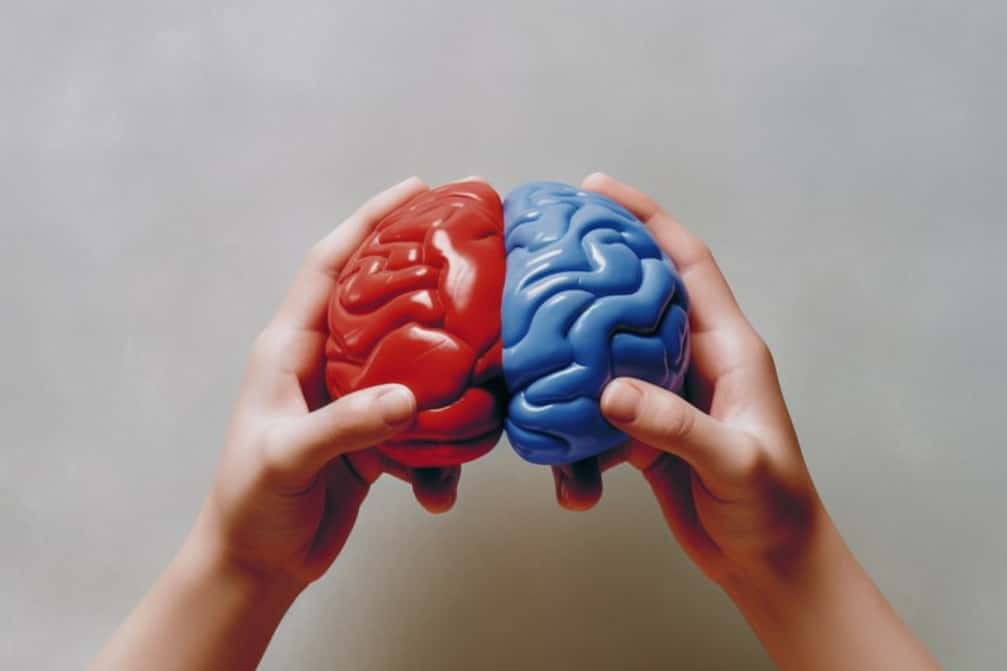First of all, it must be said that emotional intelligence is a concept that is developing more and more. This intelligence is a form of intelligence which helps us to understand and manage our own emotions, the emotions of others and their consequences on social interactions.
Just as emotional intelligence is an ability to recognize one's own feelings and those of others, to analyze them and to accept them. It also helps to better understand how these feelings and emotions interact with others and affect our behavior.
Not to mention that understanding emotional intelligence can be useful for anyone who wants to improve their relationships with others and learn to communicate with empathy. It can also help us make sound decisions and achieve our personal and professional goals more easily.
What are the benefits of emotional intelligence?
The recognized benefits of emotional intelligence are numerous.
First of all, the benefits of emotional intelligence are:
- A better understanding of others: Emotional intelligence helps to better understand the point of view of others and to better identify their intentions and motivations. It can also help to better understand cultural differences and better deal with conflicts.
- Better decision making: A better understanding of other people's emotions and motivations means you can make more informed and appropriate decisions that consider other people's perspectives.
- Greater openness to the perspectives of others: Understanding the effect of emotions and states of mind on the way we perceive and interpret things can help us be more open to the perspectives of others.
- Better communication: By understanding the feelings and states of mind of others, one can communicate more effectively, even when the climate is tense.
- Better personal control: Understanding your own feelings and learning strategies to better manage them can improve self-control and help reduce the risk of impulsive decision-making.

How to develop your emotional intelligence?
There are several ways to develop your emotional intelligence.
With that in mind, here are some ideas that can help you develop it:
- Be aware of your emotions: Taking the time to become aware of your own emotions and their causes can help you better understand and manage them.
- Examine and explore their emotions: Taking a step back from your emotions and trying to explore and examine them can help you see things more clearly and think before you act.
- Work on self-awareness: Taking time to meditate, practice relaxation exercises, and engage in artistic activities such as yoga, music, or drawing can help develop self-awareness and better understand emotions.
- Assess interpersonal skills: Taking the time to reflect on your interpersonal skills and find ways to improve your social relationships can help you better understand and manage your emotions and those of others.
- Be careful not to judge: It is important not to judge or blame others or yourself when there are problems managing emotions. It is important to keep in mind that emotions fluctuate and situations are constantly changing.

7 habits of people with high emotional intelligence
Emotional intelligence is an invaluable asset, both in the professional world than personal. Here are seven habits that people with high emotional intelligence share.
- self-reflection : They take the time to understand their emotions. Through self-reflection, they recognize their feelings and emotions. This helps them understand how they affect their behavior.
- Empathy : Emotionally intelligent people are able to understand and share the feelings of others. They show listening and compassion, which allows them to establish deep connections with others.
- Self-regulation: They know how to manage their emotions effectively. They don't let their emotions take over and are able to stay calm. But they also know how to keep their cool even in stressful situations.
- Intrinsic motivation: Instead of seeking external gratification, these people are driven by their personal values and long-term goals. This intrinsic motivation helps them stay focused and engaged.
- Adaptability: People with high emotional intelligence are flexible and able to adapt to change. They welcome change as an opportunity to learn and grow.
- Conflict resolution: They are good at resolving conflicts constructively. They understand that conflict resolution is not about winning or losing. They are constantly looking for mutually beneficial solutions.
- Effective communication: Emotionally intelligent people know how to communicate their thoughts and feelings clearly and respectfully. They understand that communication is the key to a healthy and productive relationship.
Emotional intelligence is more than just a concept. It is a set of skills that we can develop and improve throughout life. By adopting these seven habits, everyone can improve their emotional intelligence and quality of life.
In short
Therefore, emotional intelligence is a skill that can be very useful in improving our relationships with others and in making more informed decisions. Although some may doubt its value, it is necessary to remember that emotional intelligence is not static. It can be developed and improved through various strategies.
It starts with awareness, which involves recognizing our own emotions and how they influence our actions. Next, examining and exploring emotions offers a deeper understanding of our emotional reactions to various situations. The practice of self-awareness is also an essential aspect of improving emotional intelligence. Because it allows us to be more in tune with our feelings and our thoughts.
Finally, acquiring good interpersonal skills is another key aspect. These skills include the ability to listen, understand, and respond appropriately to the emotions of others. It is essential for building strong and meaningful relationships and can thus provide us with many benefits in various aspects of life.
